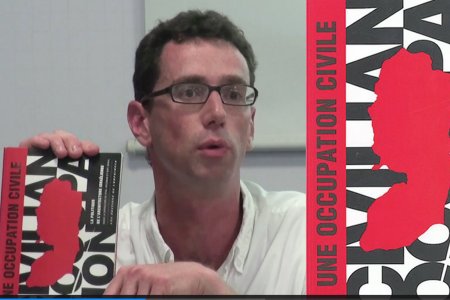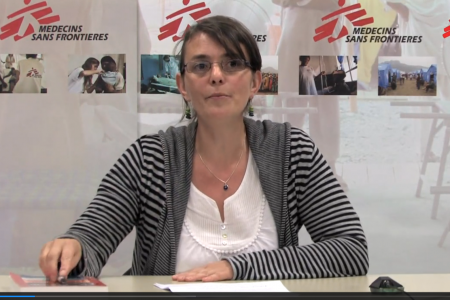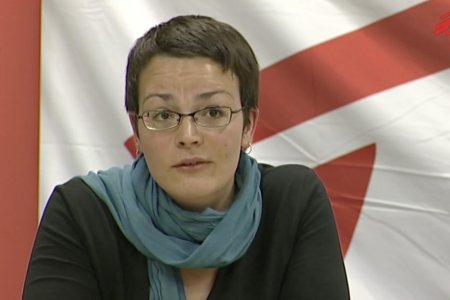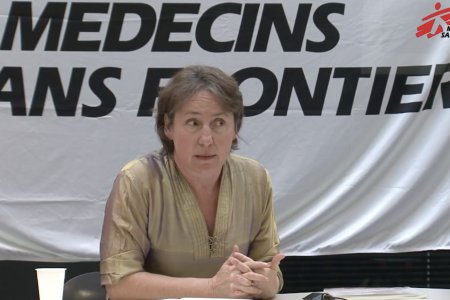
From their point of view
Caroline Abu-sada
The reasons why we are accepted, tolerated or sometimes rejected in the contexts where we work are often obscure. Caroline Abu-Sada and her team of sociology student shed some light on these issues.
In charge of this research project for MSF Switerzland, Caroline interviewed villagers, local authorities and staff members to find out how they perceive MSF and others humanitarian actors.
With examples from Niger, Cameroun, Liberia, Kenya, Ouganda, Jordanie, Guatemala and Irak, she presents here the initial conclusion of her work.
Table of contents
1. Introduction
2. Results of the study
3. Stable and unstable contexts
4. Unsurprising results
5. Perception and identity
6. International and local staff
7. International or local staff
8. Duration of projects
9. Principles of perception
10. Healthcare quality
11. Humanitarian assistance
12. Social categories
13. Semantic interpretation
14. Can we control our image?
15. Different sections
To cite this content :
Caroline Abu-sada, “From their point of view”, 10 mars 2009, URL : https://msf-crash.org/en/conferences-debates/their-point-view
If you would like to comment on this article, you can find us on social media or contact us here:
ContributePast events
 Conference
Conference
Eyal Weizman - Forensic Architecture at work
02/15/2016 - 07:00 PM 09:30 PMEyal Weizman, the founder of « Forensic Architecture » at the Goldsmiths College (University of London) came to present the project as well as a number of his works at a MSF - Crash conference organised at MSF.
 Conference
Conference
The polio eradication campaign put to test
02/04/2014 - 01:30 PM 07:30 PMThe polio eradication campaign has indeniably and remarkably succeeded in tumbling down the number of polio cases worldwide. But difficulties currently faced by the Programme -pockets of social resistance in several countries, reinfection of some countries, outbreak of epidemics associated with strains of vaccine-derived polio viruses- indeed challenge one of the main assumptions underlying the objective of the eradication itself : the full compliance of an entire population to a public health program.
 Conference
Conference
Living a Natural Disaster
11/03/2010 - 07:00 PM 09:00 PMPeople wandering through the rubble in Haiti, arms outstretched begging for help amid the floods in Pakistan: the media coverage of disasters invariably features helpless victims, overwhelmed by the disaster, waiting to be helped...
 Lena Mucha
Conference
Lena Mucha
Conference
From their point of view
03/10/2009 - 07:00 PM 09:30 PMThe reasons why we are accepted, tolerated or sometimes rejected in the contexts where we work are often obscure. Caroline Abu-Sada and her team of sociology student shed some light on these issues.
 Jacob Zocherman
Conference
Jacob Zocherman
Conference
Grounds for divorce ? MSF and the international criminal court
04/08/2009 - 08:30 PM 10:30 PMIn 1998 MSF decided to support the creation of the International Criminal Court. 10 years later MSF stated that it ‘would not cooperate and would not transmit any information to the ICC'. How can we explain this change of position?
